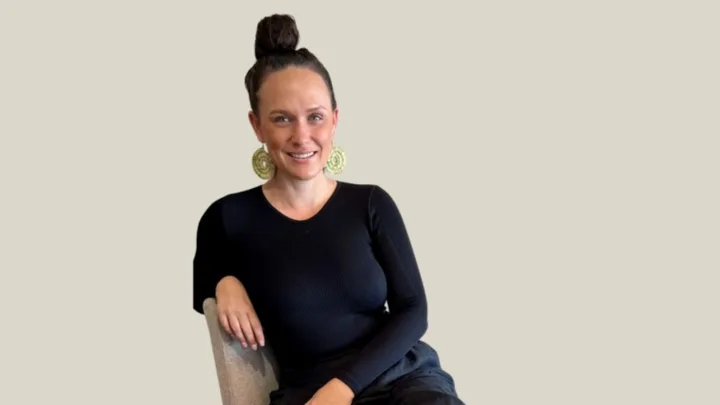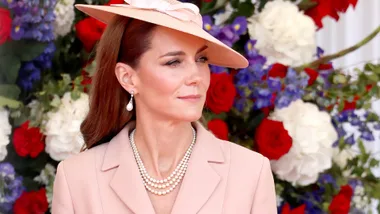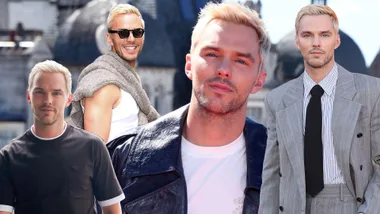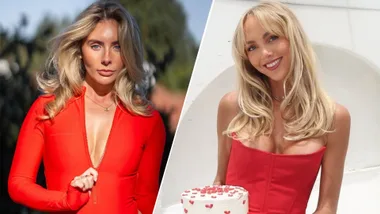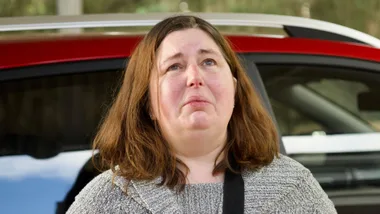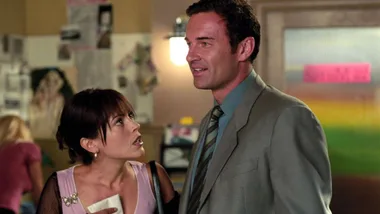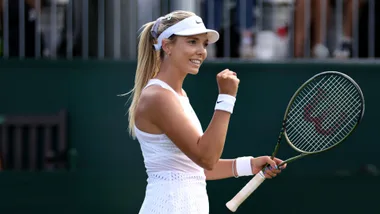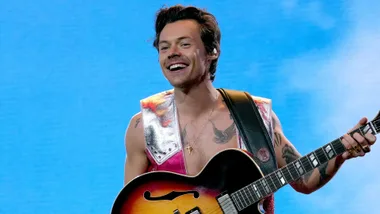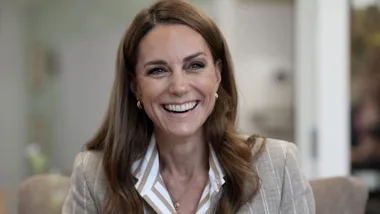Australia imprisons 3,473 women as of June 2024, increasing significantly from previous years (even when adjusted for population growth). The number has more than doubled since records began in 2000. Almost half of these women are held on remand, not yet found guilty of any offence. Almost half are First Nations women. There are 114 pregnant women behind bars – 25 of whom gave birth in custody.
Behind Every Statistic, A Story
These numbers represent people. Women. Mothers, sisters, aunties, and daughters – the glue that holds our communities together. They represent a woman I lived with who gave birth to twins days before she was eligible for release, only to be separated from them until her release. They represent mums imprisoned for driving unlicensed, who lose their homes and jobs for a crime that should never have led to prison. They represent a woman who defended herself against a knife-wielding husband and paid for it with a six-year sentence. These women have stories of survival you couldn’t imagine – and I know, because one of those stories is mine.
Addiction, Abuse, and a System That Fails
At 18, I started using drugs. By 19, I was smoking ice every day. I survived years of violence too harrowing to detail – physical, sexual, emotional. I was eventually charged with drug supply, possession, and utensils. On bail, I was offered no support to treat my addiction. I reoffended, unsurprisingly, and ended up in custody. I pled guilty to things I didn’t do just to secure a court date. Like so many others, I was left to suffer, not just in prison, but long after release.
A Broken System Costing Us All
It costs taxpayers $422 per person per day to imprison someone – that’s over $152,000 a year. In 2023, Australia spent $2.4 billion incarcerating people for non-violent offences. In Queensland, 38% of incarcerated women were locked up for driving offences. Meanwhile, women in prison are fed on a budget of less than $5 a day, and paid as little as $38 a week for prison labour. The “luxuries” of incarceration are a myth – the real cost is human.
When Policy Makes Prison Populations Soar
Victoria once saw a promising drop in female incarceration thanks to Poccum’s Law – a bail reform named in honour of Aunty Veronica Nelson. But recent changes to bail laws have reversed that progress. In fact, incarceration rates of Aboriginal women jumped 155% following the reforms. Most women behind bars are victims before they are offenders. And yet the system continues to punish survival.
Are We Really Safer?
Since 2000, the global number of women in prison has risen 57%. For men, it’s only risen 22%. Our system disproportionately impacts First Nations women and offers no social benefit in return. So, we must ask: are we building safer communities, or just bigger prisons?
Change won’t come from the top. Politicians prioritise optics and power over evidence. Real solutions live in community – in listening to Elders, in dismantling propaganda that tells us unhoused or formerly incarcerated people are dangerous. We don’t have a crime problem. We have a kindness problem.
Freedom Requires Support, Not Sentences
What helped me might not help another woman – our needs are complex and varied. But what unites us is the need for safety, support, and opportunity. Without therapeutic help in prison (a program that’s now defunded), stable housing on release, and the love of my family – I wouldn’t be here. Now, I use my story to hold space for others and to push for systems that heal, not harm.
About Tahlia Isaac
Tahlia Isaac is a proud First Nations woman, a mother of 2 boys and a formerly incarcerated criminologist who founded a charity that supports women in prison and upon release – Project:herself. Her goal is to walk with women to build self determined lives, use storytelling to build social cohesion and remove the social barriers women who have been in prison face. She is a radical change maker, determined to change the narrative about women in prison and create stronger safer communities.
